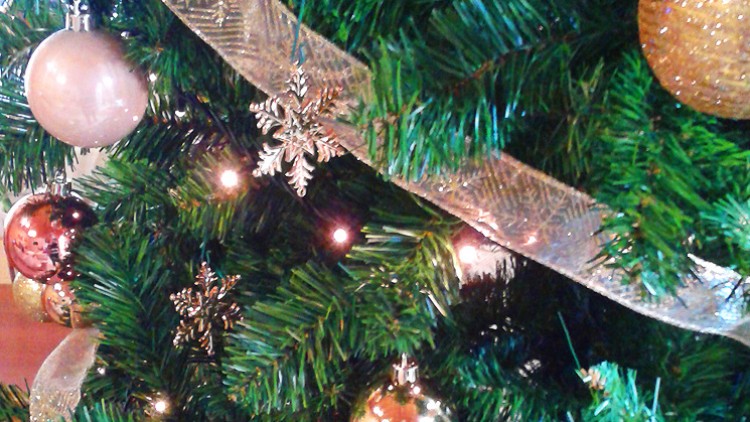Immerse Yourself In The Festive Traditions Of The Greek Islands!
Spending the Festive Season in the Greek Islands is both unique in its beauty and charming in its traditions. If you are seeking a less overcrowded celebration filled with great hospitality, mesmerizing natural beauty and mouthwatering delicacies, spending Christmas in the Cyclades is utterly mystifying. All traditions and customs were originally created to celebrate religious holidays but they have evolved into brightening the festive spirit for everyone and creating unique moments for all alike. The majority of the Greek traditions date back to hundreds of years; though there are new customs introduced and many of the old traditions have been modernized.

The celebrations for Christmas last about 15 days, as they begin on Christmas Eve and end on the 6th of January. The festive atmosphere is introduced with putting up the decorations and it is enhanced with the delicious local pastries and delicacies that are made especially for celebrating the season.
Although the Western custom of decorating a tree is widely spread throughout Greece, the islands follow their own tradition and they decorate a model ship as well. It was the close connection of the island people with the sea, that made them come up with the idea of the wooden Christmas Boats. These are decorated with lights and are carried around by children that go caroling both on Christmas and on New Year’s Eve. Carols differ from island to island and they are often accompanied by local music instruments while all carolers are treated with sweets and coins.
A big part of the festivities revolves around preparing and enjoying delicious meals and mouthwatering delicacies. Greeks celebrate Christmas and the New Year by making wonderful pastries and cookies especially for the occasion. Homes are filled with Kourabiedes, sugar-sprinkled cookies with almonds and Melomakarona, cookies drenched in honey-based syrup. Christmas is celebrated by making a Christopsomo (Christ’s Bread) which is a light-buttered bread filled with nuts, seeds and spices; the New Year is welcomed with a Vassilopita, a cake with a lucky coin in it. Whoever finds the coin is said to have a great year ahead. All pastries and meals symbolize the hopes and wishes for a prosperous, fruitful and sweet Year. The way the delicacies are prepared vary from island to island as they tend to focus on and to include local products. In addition,many islands tend to modernize their customs and to include new delicacies; for example, in Santorini, they celebrate Christmas making excellent wine puddings.
Greeks open their presents on New Year’s Eve and all the local communities organize bazaars and festivals offering good local food, drinks, great music, choirs and events for children that run throughout the Festive season.
The end of the Season is marked by the celebration of the Epiphany. A day, when after the morning mass, the priests, the pilgrimage and all the people take to the sea fronts, lakes and rivers to immerse a cross in the waters. People dive in the cold waters to retrieve the cross and the celebrations carry on all day with good food and drinks as they wrap up a 15-day Festive Season.
The Greek Islands remain a great choice during the winter as they are a magnificent destination. Visitors can make the most of the hospitality by immersing themselves into the natural beauty and the history while at the same time enjoying the delicious cuisine and getting a taste of a different culture.
